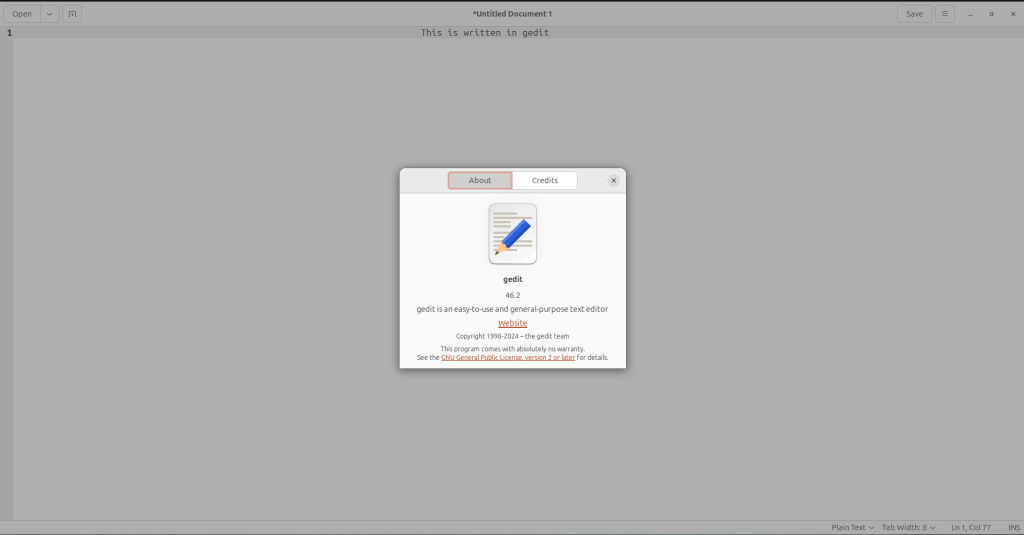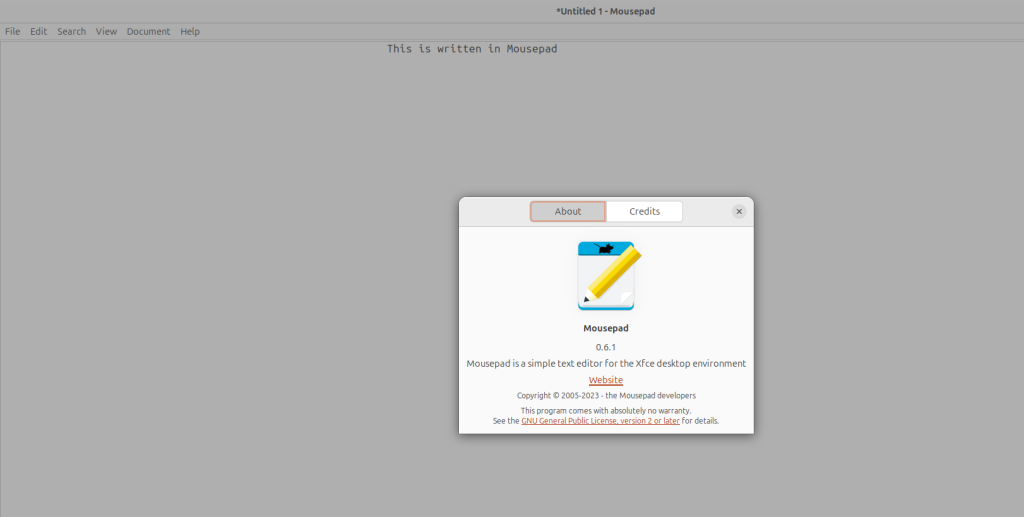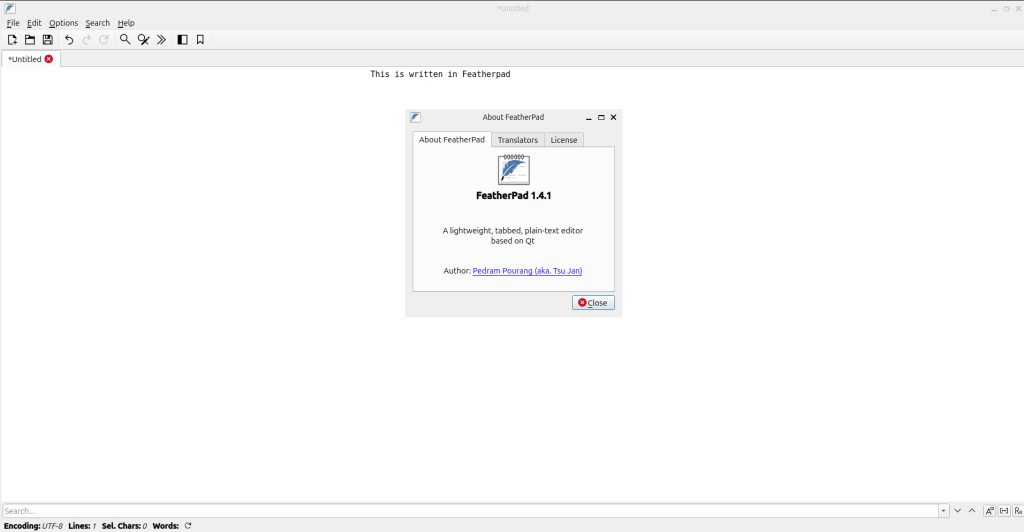In the world of text editing, sometimes less is more. Ubuntu offers several lightweight, minimalistic text editors that provide essential functionality without the bloat.
Here are three such GUI-based editors that combine simplicity with efficiency (Don’t worry they are not purely Terminal-based editors like vi or nano 🙂 ):
Gedit
Gedit is the default text editor for the GNOME desktop environment. It offers a clean, straightforward interface while still providing useful features for both casual users and programmers.

Key features:
- Syntax highlighting for various programming languages
- Customizable color schemes
- Plugin support for extended functionality
- Integrated file browser
To install Gedit:
sudo apt install gedit
Mousepad
Mousepad is the default text editor for the Xfce desktop environment. It strikes a balance between minimalism and functionality without becoming overly complex.

Key features:
- Syntax highlighting
- Search and replace functionality
- Undo and redo support
- Print support
To install Mousepad:
sudo apt install mousepad
Featherpad
Featherpad is a lightweight Qt5-based text editor that offers a good set of features while maintaining a clean, uncluttered interface.

Key features:
- Syntax highlighting for numerous programming languages
- Multi-tabbed interface
- Side-pane for file browsing
- Auto-detection of text encoding
To install Featherpad:
sudo apt install featherpad
To sum it up, these text editors offer Ubuntu users simple yet powerful tools for editing. They’re all lightweight and fast, making them ideal for quick tasks. While each editor has its own strengths, they all focus on being easy to use.
Whether you prefer bare-bones simplicity or a few extra features, there’s an option to suit your text-editing needs. These editors prove that sometimes, less really is more when it comes to text editing on Ubuntu. By the way, these can be installed on any Debian-based distribution too.
Happy writing.
